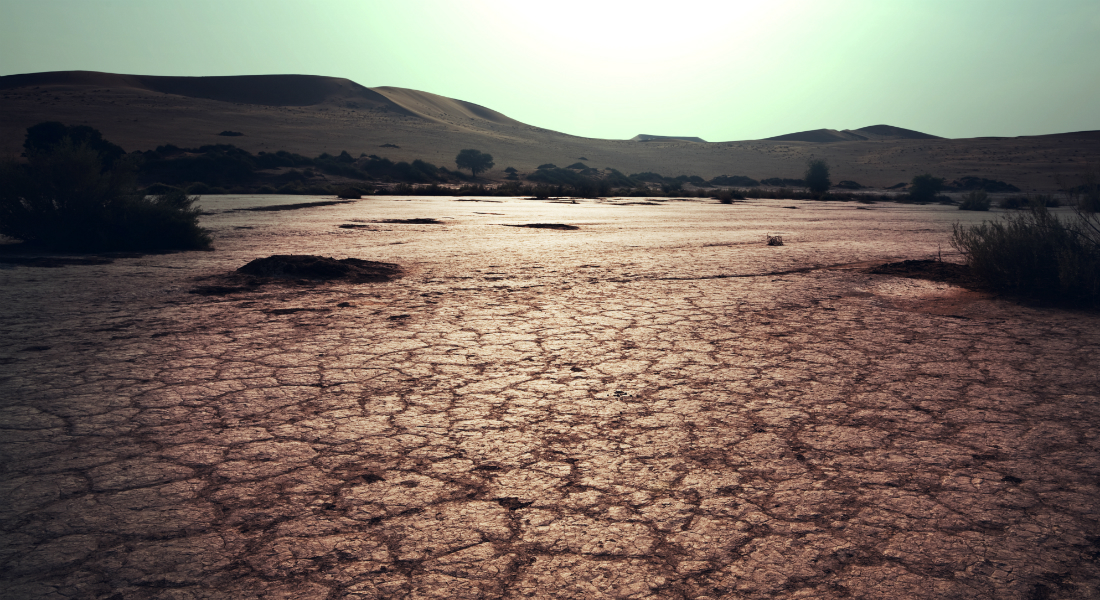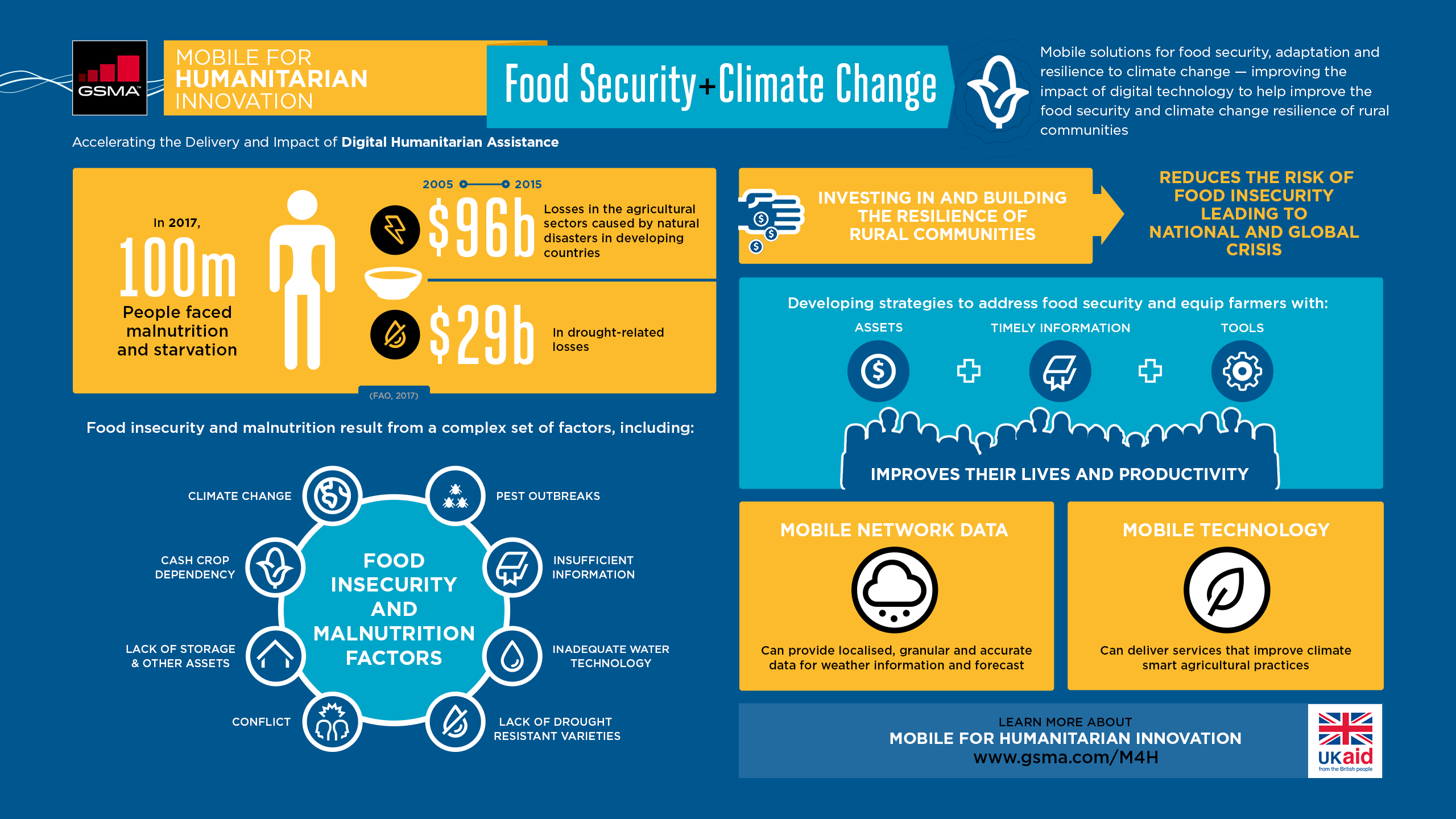
Global climate change is a serious issue that impacts all human lives. The impacts of this phenomenon have been studied by scientists in many ways. The impacts can be anything from changing weather patterns to decreasing biological diversity. It is crucial that governments take action to limit the negative effects of this trend.

In order to provide a broad picture of the current global research on climate change, a bibliometric study was conducted. It aims to compare the scientific output of different countries and regions to determine the most important aspects of the issue. To accomplish this, we used a collection of 40,062 articles related to climate change as a reference. These articles were retrieved from the World of Science library. This analysis of publications based on ecological, socioeconomic, and technological factors allowed for a comprehensive assessment of the state of the art.
Researchers have observed that ocean heat has increased in recent decades. Additionally, Arctic temperatures are rising twice as fast that the rest. Sea levels are rising rapidly as a result. As a result, the world's largest cities and coastal ecosystems are the most vulnerable to the adverse effects of the change.
While scientists have analyzed a number of different factors influencing the Earth's energy balance, they have also used sophisticated models to predict the future of the climate. These models show that the developing world faces a huge burden from climate impacts. However, these models are not able to reproduce what has actually happened. It is crucial to be able to accurately estimate the impact of climate change.
While there is a lot evidence that supports global warming, scientists still have difficulty estimating the true impact of the phenomenon. A reliable estimate of the impacts of climate change will form the basis of all mitigation strategies. Global Climate Risk Index (GCI) provides data on weather events in different years.

Another indicator of global climate change is the rate at which greenhouse gas concentrations have been increasing. Research shows that the rate of increase has been unprecedented over the last century. Because of human activities, the atmospheric concentrations have increased. These gases also trap more heat from the Sun. Research has shown that the rate of warming in the past century was 10 times faster then the rate of warming in the last decade.
Another sign that the earth is rapidly changing include melting ice sheet and an increase in heat within the oceans. These changes can have severe consequences for human existence, including food supply and water supplies. Furthermore, there are already signs that the rate of extreme weather events will increase as a result of climate change. Despite the numerous indicators that climate is changing, governments have yet take meaningful action to mitigate its consequences.
FAQ
How can the world make a transition to a more sustainable future given the challenges presented by climate change?
Sustainability means being able to provide for current needs and not compromise future generations' ability. An urgent need exists to act to eliminate our dependency on finite natural resources and to shift towards a more sustainable method of using them.
It is crucial that we reexamine our consumption and production patterns, as well our dependence on fossil fuels, in order to move towards a sustainable future. We must seek out new technologies, renewable sources of energy, and systems that reduce harmful emissions while still meeting our everyday needs.
In addition, it is essential that we adopt an integrated approach when looking at sustainability. This involves considering all aspects of production from materials used, waste management and reuse strategies to energy use in transportation and industry. There are many potential solutions available including the utilization renewable energies like sun, wind, and water power; improved waste management systems; higher efficiency in agriculture; improved transport network; green building regulations; sustainable urban planning initiatives.
This goal requires behavioral changes from individuals in all sectors of society. Education programs will be needed to support individuals in understanding climate change and how they can positively contribute towards a sustainable world.
Only through cooperation between citizens, business leaders, and governments will we ever be able make substantial progress towards creating a sustainable world for future generations.
What is the impact of climate change on biodiversity and ecosystems?
Climate change can have a variety of impacts on biodiversity, ecosystems, and the environment. Today's issues that impact wildlife and ecosystems include rising temperatures, increased sea levels and extreme weather events.
Changes in climate can lead to shifts within habitat areas, disruptions in food chains, or changes in population numbers, or both. This could have dramatic implications for biodiversity and ecosystem functioning. Water availability can be affected by changes in hydrological cycles.
Climate changes can lead to higher temperatures and more frequent extremes (such as droughts) which put more stress on already fragile systems, like coral reefs or tropical forests. Up to 30% of all animal species could be extinct by 2050 due to climate change, which would lead to further losses in ecological communities.
Climate change is an enormous threat to biodiversity and to human societies which depend on functioning ecosystems. To mitigate its effect efforts must be made at all levels to reduce global warming trends and future damages should be avoided where possible with careful management practices.
Climate change: What is it and how can it happen?
Climate change is the long term shift in global weather patterns resulting from an increase of greenhouse gases. These gases trap heat in the atmosphere, which causes global temperatures rise. This leads to many changes in weather and climate. This can include rising sea levels, melting glaciers, extreme storms and droughts, widespread coral reef bleaching, species extinction, and disruptions to food production.
Climate change is caused primarily by human activity. These include burning fossil fuels, transporting electricity, cutting down trees, and farming livestock. The planet is heated faster when these activities release large amounts carbon dioxide (CO2) than natural processes, such as volcanic eruptions. These activities also produce more CO2 than volcanoes.
Another major contributor to the global greenhouse gas emission is deforestation. It accounts for around 15-20%. Trees are destroyed or burned to release their carbon dioxide. Furthermore, forests act like a natural carbon sink and remove CO2 from air. Without this absorption capacity carbon dioxide levels will continue rising with devastating consequences to ecosystems all over the world.
Other than CO2, human-caused pollutants also release other dangerous gases such as methane and nitrous oxide (N2O) into the atmosphere. Industrial processes have used methane extensively and it contributes to significant atmospheric warming. However, N2O is emitted mostly by agricultural soil management activities such as fertilization and tilling. These activities release excessive nitrogen into the soil which leads to N2O production when microbial contact occurs.
Humanity must work together across all levels of society, economy, and politics to reduce greenhouse gas emissions. We need to shift from dependence on fossil fuels and towards renewable energy sources like solar, wind, and low-carbon hydrogen fuels in order to limit climate change. A smart approach to reducing atmospheric contamination and preventing CO2 accumulation could be to replace polluting fossil-fuel technologies with ones that encourage zero-waste living. Our environmental impacts can be reduced by adopting preservation measures like reforestation. These projects help to preserve biodiversity and absorb large amounts CO2 from the environment. This helps in addressing climate change and restoring balance for future generation.
Statistics
- features Earth's average surface temperature in 2022 tied with 2015 as the fifth warmest on record, according to an analysis by NASA. (climate.nasa.gov)
- features Earth's average surface temperature in 2022 tied with 2015 as the fifth warmest on record, according to an analysis by NASA. (climate.nasa.gov)
- The 100 least-emitting countries generate 3 per cent of total emissions. (un.org)
- According to the 2014 report on Climate Change Impacts, Adaptation, and Vulnerability (page 8) from the United Nations Intergovernmental Panel on Climate Change, governments at various levels are also getting better at adaptation. (climate.nasa.gov)
- Indigenous peoples and local communities receive less than 1% of all climate funding despite scoring wins for people and nature Africa's broken food markets must be fixed to tackle hunger (climatechangenews.com)
External Links
How To
How to include sustainable practices in your daily life to combat climate changes
Reduce your consumption of food, energy, and clothing is one way to incorporate sustainability into your everyday life. Instead of buying new items every day or week, try shopping secondhand or borrowing items from friends and family members. Additionally, eating vegetarian meals once or twice a week can help reduce the amount of methane released into the atmosphere from livestock production. To conserve energy, it is a good idea to turn off all lights when you leave a room.
You can also reduce the emissions from transportation sources such as cars, planes and trucks by using carpooling and public transit to transport your passengers instead of driving. In place of traditional fossil fuels, we can choose to use renewable power sources such solar panels to generate electricity at our homes. In order to take effective action against climate change, it is vital that policy makers support clean air regulations. Finally, engaging with others around issues like ending plastic pollution and deforestation is hugely beneficial since it creates more conscious citizens who will act upon their knowledge!